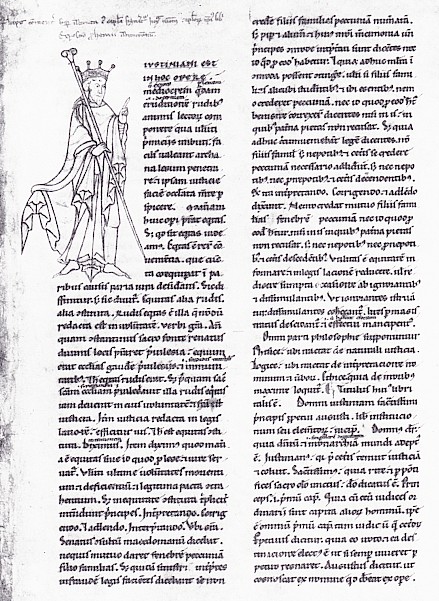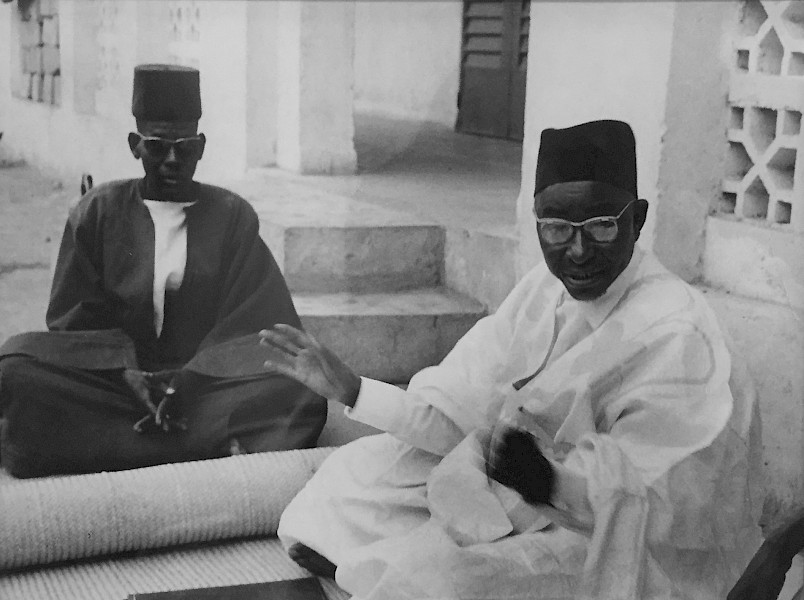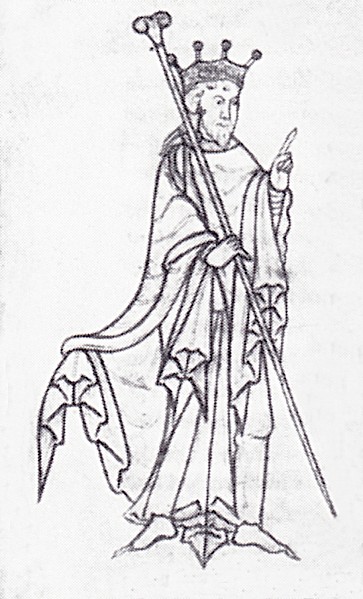Do you know the West?
A Traveller’s Stories
Erudition, this first step towards adventure: to leave crudeness, non-rough-hewed knowledge, to be taught the paths of memory and the unknown or risky gaits of the human experience. Etymology is a warning against the pretension to reduce thought to mere reservoirs of information: the ars dogmatica is no matter for a Think Tank …
The history of law in Europe was my beginner’s compass. It directs towards the monotheistic source, revealing a millennium and a half of jolts, resulting in who we are: the products of the gearing of interlaced genealogies whose temporary term, dominated by techno-scientific-economics, constitute our present … while we await the sequel, i.e. the unforeseeable.
The core of this evolution, by analogy with the ‘fixed point’ just before the takeoff of a plane, is this trial period that we call the Middle Ages, this time between two ages, between a defunct Antiquity and Modernity, the avant-garde of globalized industrialization.
The experiment took the form of a First European Revolution (11th Century): transferee of the imperial title of Sovereign and Pontiff, which had become defunct in the West, the papacy then undertook to make up for the absence of legal rules in the originating Text of Christianity. A combatant exegesis picks into the law of the Roman Empire which had collapsed in its Western dominion but had continued to flourish in Constantinople, the Eastern seat of the roman emperor, in its Greek orthodox part.
Result of high strategical significance: Euro-American civilization has its roots not simply in the theological block of the Bible, the Jewish Book reinterpreted by Catholic and Protestant christianities, but also in the Monument of roman legality, synthesized in the East and addressed in that form to Western Europe by the byzantine emperor Justinian 1st.
In the midst of contemporary confrontations, as they are visualized in the West by the media or managed by the political authorities with, in France, a surplus of chatter emanating from an intellectual class immune to perplexity, is there a place for the ‘parameter’ which would let a genealogical destiny emerge from the shadows, would recognize Justinian as an ancestral figure shared by the European West, the Balkan East and Russia? No, it is too much to ask of the will to ignore.

Chance, the master of all discovery, has guided me in this discipline – the medieval history of the juridical and religious montages of the West – which was marginalized as the threat it poses in learning too much about the ancestry of the European continent.
What is there to learn? Above all, that no one dreams or thinks in place of another, and that this remark is valid also on the scale of societies. All in all, the claim to religious, social and political cloning, to some dissolution into a planetary magma, is bound for failure, for competition of violence.
What have I learned, myself, that is worthy of transmission? If the history of law remains a passport to expatriate oneself towards writings without borders, it is because this discipline, being of a monastic kind, has taught me to wait. Always wait to go further, to the point where one would encounter the mystery of the Foreigner. Furthermore, once passed the delights of the Latin language, reworked or tortured by the Scholastic copyists, I knew that I was residing on the sediments of a discourse that underpinned our contemporary habitat and that my work was nothing but a sounding of the surface, masking the abyss of primitive roots banished from Western conscience.
Having the dusty feet of Norman ancestors and sensing that the juridical Great Gloss, even enriched by economics and philosophy, was but a propaedeutic, I let myself be driven towards an Africa stirred by the political hurricanes of the cold war, but as welcoming to the Cabinets of private expertise as it was to International Institutions. Beyond the turmoil lived the immemorial, with its learned cenacles, its well-guarded secrets, its unadulterated teachings. There I finally encountered the object of my quest: the Foreigner, the true one. By Instinct, this Africa recognized me as one of her own.
To read Mallarme made me understand the significance of the ‘times of incubation’ necessary to thought in search of itself; the Black Masters taught me to renounce the monstrous enterprise of seeking to know, one day, the final word … And I learned to grasp that the human ‘resonates’ before it ‘reasons’; it resonates with the discourses of a tradition, and if elementary education civilizes him, he reasons for himself, he is the anthropos described by the ancient Greeks.
By living In Africa, I recognized, as also later in Japan, the fundamental certainty of the human interlocution with the universe, thus confirming an intuition of the monotheisms familiar to Europe, which are founded upon the absolute dominion of speech. Intuition which is not waived by the exploits of Scientific Research exploring, before our very eyes, the infinitesimal and the infinite.
So I returned home, sure of what I was to undertake: to conceive the architecture of discourses elaborated by humanity to survive and reproduce as meaning to study Society as a Text. One thing led to another. Working on identifying the foundations of the West, itself subject to the necessity of maintaining standing the edifice of a civilization by mooring the juridical apparatus to the religious-mythological base that supports it, i.e.to the subterranean volcano of Reason that we call the foundation, I unearthed the construct.
Three key elements single out our Western montages: 1). The periodical upheaval of the base that serves as the seat to the construction; 2). a vision according to which legal material is a matter of pure technicality ; 3). the extreme precariousness of a third term, of the function that coheres the whole.
Why this complexity? Why the train of successive masks of legitimacy? What does the word religion, so worked and reworked by the Romans and today on everyone’s lips, tell us of this evolutionary process? Finally, if a theoretical step is to be taken, what does the ternary structure signify, an abstraction?
To venture into these questions will be the lot of endurant minds, capable of moving beyond our current historiographical ghettos.


Translated by Peter Goodrich, with the collaboration of Cécile Korn
Translated by Peter Goodrich, with the collaboration of Cécile Korn